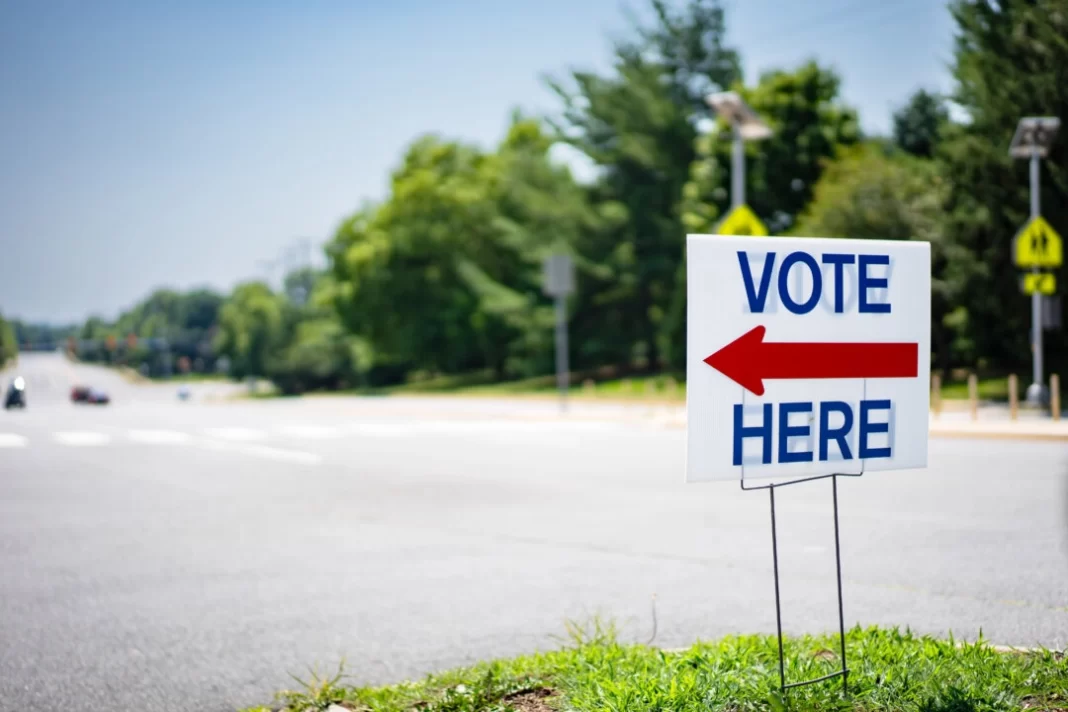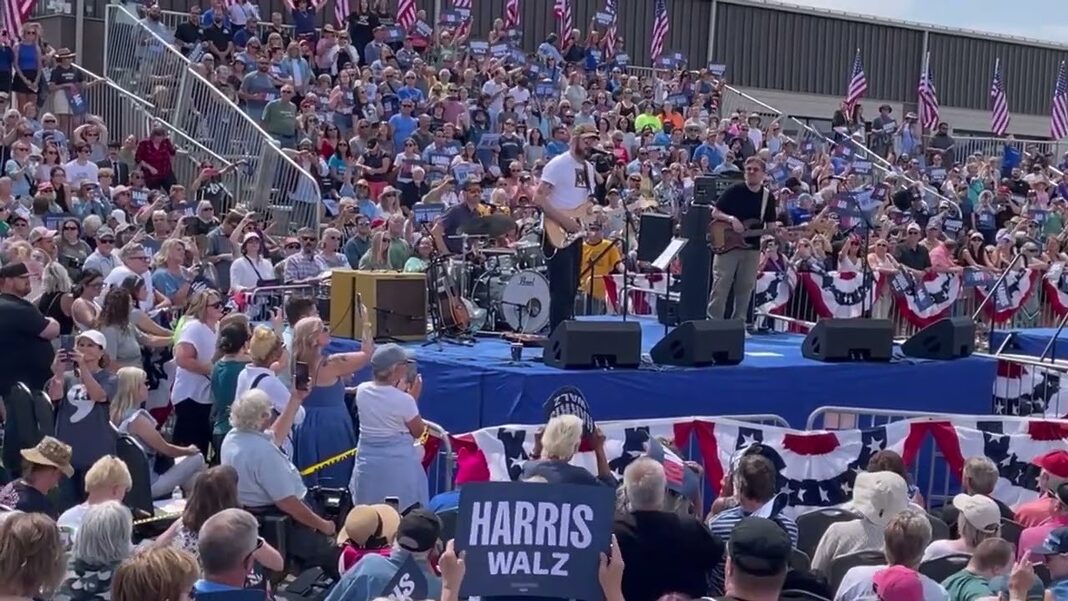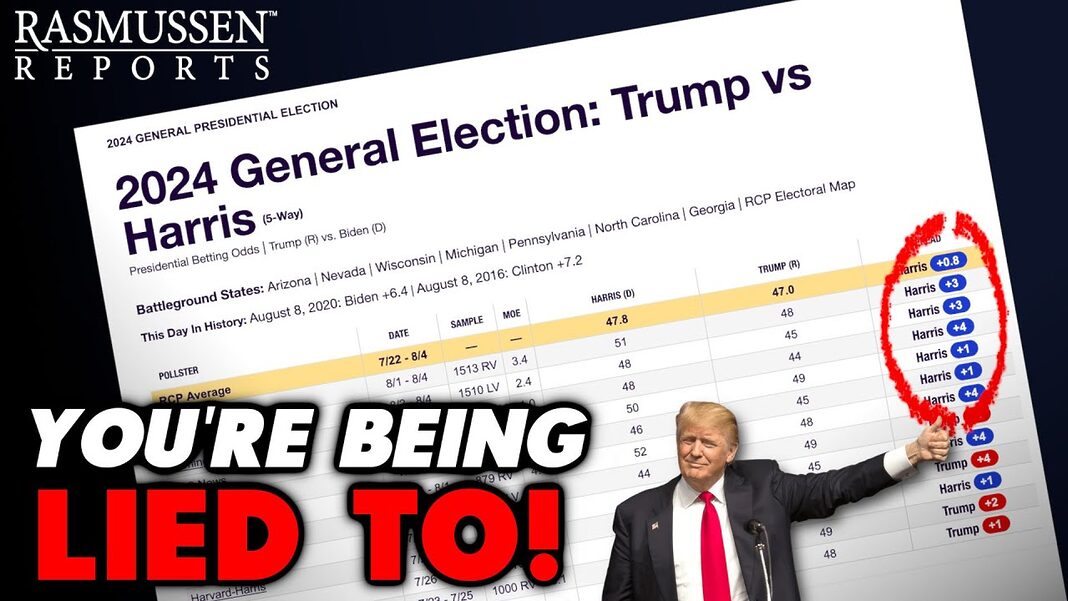
Challengers argued that the new law was unconstitutional because it returns voting rights to felons on release, before civil rights are returned.
The Minnesota Supreme Court unanimously upheld a 2023 state law returning voting rights to Minnesotans with felony convictions immediately after their release from prison.
In its Aug. 7 ruling, the state’s highest court did not comment on the merits of the law but rejected a challenge from the nonpartisan organization Minnesota Voters Alliance (MVA), alongside four citizen plaintiffs.
The court agreed with a previous lower court decision that found the group and individuals lacked legal standing to challenge the measure and had failed to prove that the Legislature overstepped its authority when it voted to extend voting rights to individuals who are out of jail but still on probation for a felony.
The legislation, House File 28 or the “Restore the Vote” bill, was signed into law by Minnesota Gov. Tim Walz—whom Vice President Kamala Harris announced this week as her running mate—in March last year.
It returned the right to vote for convicted felons who have completed their term of incarceration, including those who remain on parole or probation, and required the Department of Corrections or judiciary system officials to inform the convicted felons in writing that they were able to vote upon their release.
The measure maintained that incarcerated individuals would not be able to vote.
At the time Walz signed the bill into law, he said it would likely apply to more than 55,000 convicted felons in the state who have completed their prison terms, thus allowing them to vote immediately.
The measure marked the largest expansion of voting rights in Minnesota in a half-century, as previously convicted felons had to wait until the completion of their probation period to be able to vote again.
While the bill was set to go into effect on July 1, 2023, it was quickly challenged by the MVA, who argued in a lawsuit filed in Anoka County District Court that the law violates the state Constitution.
The group pointed to Article VII, Section 1 of the Minnesota Constitution, which requires that a felon may be “entitled or permitted to vote at any election in this state” only after they have been “restored to civil rights.”
They argued the law was unconstitutional because it returns a felon’s right to vote before their civil rights are returned, or before the felon has been “relieved of all limitations and burdens, such as parole and restitution, placed on them by the court-imposed sentence.”







